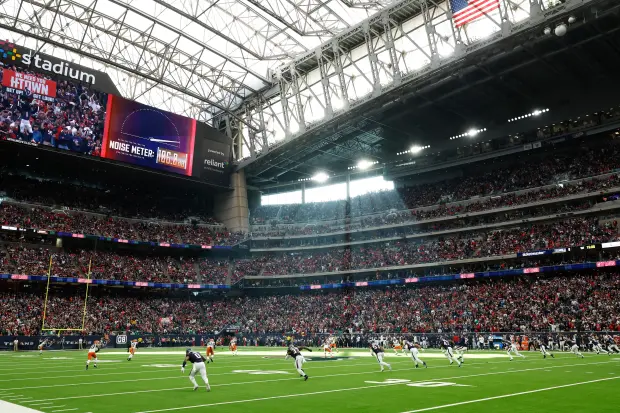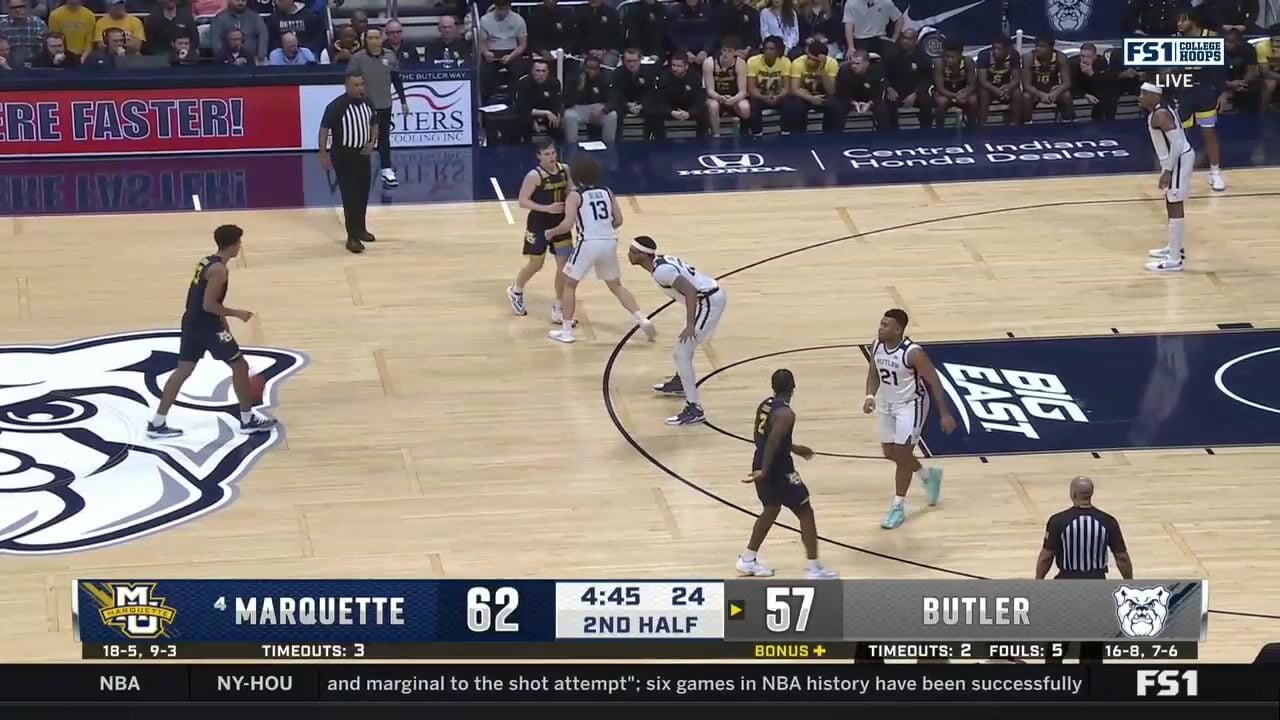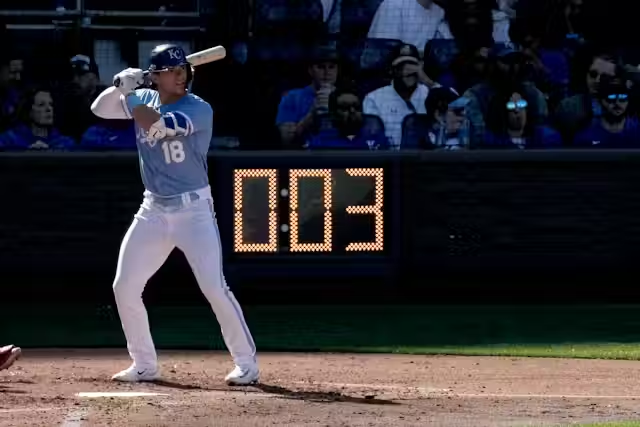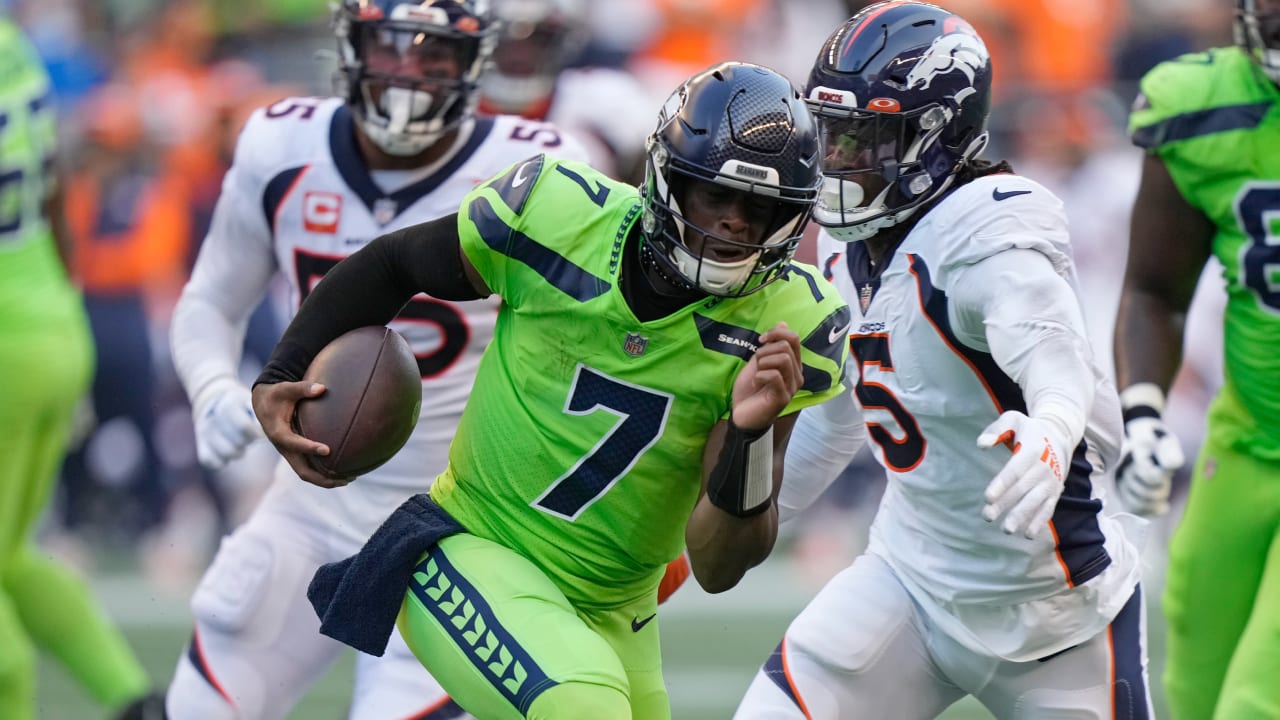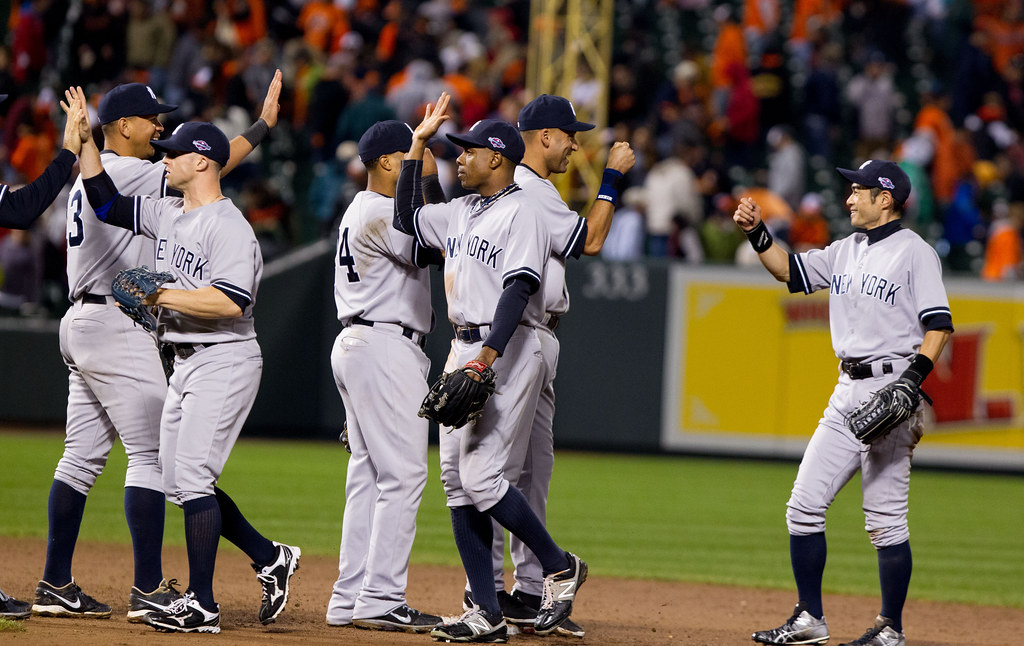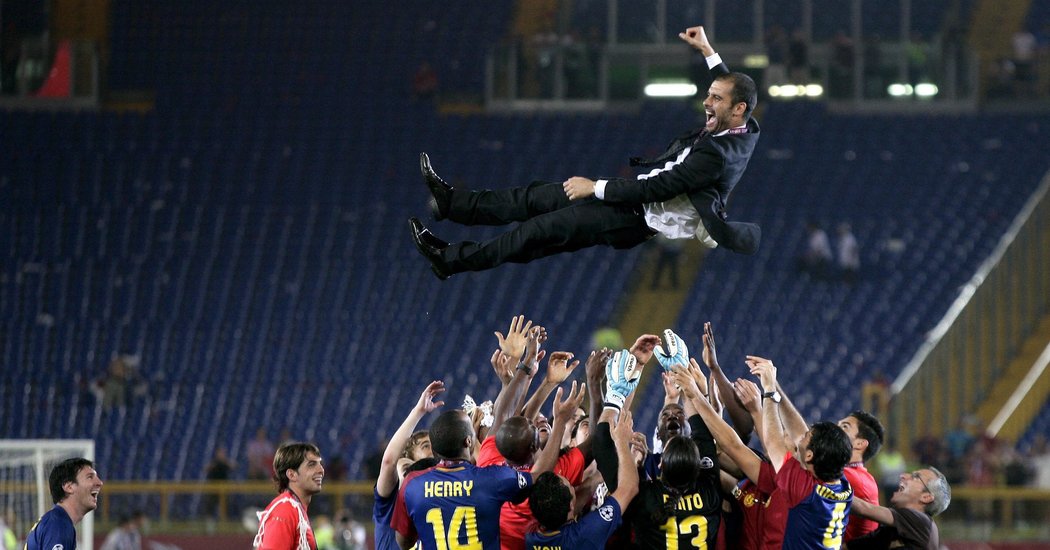
A Matter of Taste
Enjoying this newsletter? Tell a friend to sign up at nytimes.com/rory and then you’ll have something new to talk about every Friday.
The story of how the term “tiki-taka” entered soccer’s lexicon, how it came to define a style, might, perhaps, be apocryphal, but that does not matter. Sometimes, whether a story is true and whether a story reveals a truth are separate things.
The story, as you may know, goes like this. Javier Clemente was coach of Athletic Bilbao in the 1980s. Clemente was a brusque figure, and he wanted his teams to play a physical, direct, effective sort of soccer. It worked: In 1984, Athletic won both the Spanish title and the Spanish cup.
Its main rival that year was a Barcelona team coached by César Luis Menotti, an Argentine who was, in many ways, Clemente’s polar opposite. Menotti believed soccer was a form of art. He wanted his teams not only to win, but to take the crowd’s breath away with the beauty and synchronicity of their movements.
In Clemente’s mind, Menotti was fixated on ornament and indulgence. He would dismiss the idea of passing the ball around aimlessly, with a wave of the hand and a scowl on his face, as nothing more than tiki-taka: frills and frivolities, a waste of time, soft and gauche and worthless.
A few decades later, of course, tiki-taka would come to mean something else entirely. First Pep Guardiola’s Barcelona and then Vicente del Bosque’s Spain would conquer the world playing the style that became known as tiki-taka: an approach based on fast, short passing and bright, ceaseless movement, first dizzying and then dazing opponents before moving in for the kill.
Tiki-taka, though it was and is a term that Guardiola dislikes, soon came to stand for style, sophistication and success. For a decade or so, it ranked alongside Brazil’s jogo bonito as soccer’s ultimate compliment: the way the game should be played.
A few weeks ago, when we asked for suggestions for subjects to cover in this column, a reader, Bob Andrian, asked if I might name the teams I most enjoyed watching. It is a more complex question than it appears.
Partly, that is because we look for two things in a soccer match: not just a certain standard of ability, but a certain level of meaning. A tense, tight, hardscrabble game between two cautious teams can be more compelling than a seven-goal thriller, if the stakes or the standards are higher. (The perfect game ends without a goal, as the Italian coach Annibale Frossi once said.)
Likewise, watching perfection can be curiously cold. Manchester City, over the last three years, has often reached a pitch of brilliance that has overwhelmed almost every opponent. But — and again, this is purely personal — it has, at times, felt like watching a perfectly tuned machine.
The United States strolling to last summer’s Women’s World Cup title engendered the same response: Jill Ellis’s team was a more than deserving champion, vastly superior to every other team at the tournament. By every measure, it was what we would call an attacking team. It played on the front foot. It was impressive and efficient and clinical. It was impossible not to admire the engineering. But that is not the same as stirring the soul.
The other part, of course, is that what appeals to each of us is different, rooted in subjective metrics even we, deep down, probably do not fully understand, based on the cultures we grew up in, the expectations we were raised with.
A friend of mine always draws a parallel with weather presenters: They are always so gloomy about the prospect of rain, as if they are delivering bad news. Some people, we should probably not forget, quite like the rain.
This is significant in the context of elite, modern soccer. Few managers, now, present themselves as ideologically flexible. Rarely do they go into a club and tell prospective employers they will see what sort of players they have, and implement an approach that suits them. Far more often, they claim to stand for something, to be the emissaries of some particular, superior philosophy.
That suits the clubs, who have realized that being seen to play the right way is almost as important as winning games, competing for trophies and enjoying success. A style is something you can sell around the world. A style is what gets you on television. A style is what wins you fans.
None of that is necessarily bad. Having a defined idea of what a team is also makes it far easier to sign players. Often, it enables coaches to get the best out of their squad, because the principles of what they are trying to do are baked into their minds. It makes periods of struggle simpler to overcome.
But it should not be forgotten that beauty is not universally acknowledged. It is dangerous to pursue style above all else, because not everyone reacts to it in the same way. After a while, the appeal even of Guardiola’s Barcelona, and particularly the Spanish national team, started to pall.
Where once it had felt fresh and flowing, now it felt repetitive, stale, death by a thousand cuts. Tiki-taka, all of a sudden, drifted back closer to Clemente’s original meaning; what was once an aspiration became an insult again. Some people, after all, like the rain.
Questions and ‘Answers’
It would be tempting, seven weeks in, to suggest that slowly a picture is emerging of what soccer’s immediate future will look like. The Netherlands canceled its season last week. This week, France did the same. Both decisions were made not by the soccer authorities but, ultimately, by their national governments.
That brings the number of countries to halt the season permanently to four; not quite a trend, yet, but certainly an emerging pattern. It may, though, not be that simple. First, there is the issue of what to do with the curtailed season: The Dutch cannot name a champion, but the Belgians, Scots and French think they will.
In the Netherlands and Scotland, there is a lingering threat of legal action from teams unhappy with the outcome. In France, the government may yet have to bail out clubs facing a financial catastrophe.
Everywhere else, the message remains in line with UEFA: The leagues and their teams want to play on. Germany is planning to be back in May. Spain does not see why, if factories and fishing boats are open, training facilities should not be. Even slow-moving England, where the process has been especially messy, is starting to give teams advice.
Beneath all of that, though, are hundreds of other questions. So in the spirit of trying to help, I thought I would try to answer some of yours.
From Peter Stokes: “Can anyone explain why Premier League clubs are unable to finance what is a relatively short interruption to their businesses?”
Because soccer is a finely balanced cash-flow business, I suppose: The money comes in, and the money goes out straight away, in the form of player salaries and transfer payments. The clubs have enough money to sustain the losses for a while, but more than a couple of months would be a challenge. This has, I think, shown us how delicate soccer’s financial ecosystem is. That is something that will need to change.
Christopher Orr: “Have the various authorities considered simply declaring an extension to the season and all its related contracts for as long as it requires to complete the season?”
In essence, yes. FIFA has guided clubs that the June 30 date on players’ contracts, say, should really be read as “the point the season ends,” rather than a specific date. That issue strikes me as being relatively simple: Players and clubs will, for the most part, extend temporarily, if that is what is required to get the game back. Other obligations are more complicated. Part of the reason that France, Belgium and Scotland canceled their seasons was because they have new broadcast deals that kick in starting with next season.
Stephen Nicola: “I am wondering why the cancellation of next season has not been considered as an option that would ensure the current season is finished?”
It is a nice idea in theory, but the problem there is entirely financial. If it comes down to losing some of this year’s revenue — a quarter, say — or all of next year’s, there really is no choice to make. What does not seem to be under consideration is that next year’s dates could be much more flexible than is currently being suggested.
Robert Hisnay: “With the 2022 World Cup scheduled for November and December, would FIFA and UEFA be bold enough to drop a season?”
Not drop, no, but my preferred solution would take Qatar 2022 into account, and play out this season this calendar year. Play the European Championships, Copa América and the Africa Cup of Nations in December and January (take a sweater to the Euros). Then play a full season from February to November 2021, and a full season from February to November 2022. The calendar will have to shift to accommodate the World Cup anyway. There are three problems with this, of course: how to keep clubs afloat for six months without soccer; how to switch back to a traditional August-May schedule in 2023; and, likely most important, soccer does not think outside the box very easily.
Brad Wilson: “How does this affect a club like my team, Everton? Does it bring the Big Six back toward us or knock us further down the list? Does inequality decrease or increase?
In all likelihood, it increases. The bigger clubs will weather the downturn better, as is true in any industry. That means the smaller teams will bear a disproportionate amount of weight. There is even an outcome in which this leads us to a European Super League, I think, either because the gap between the rich and the poor grows so wide, or because many of the poor cease to exist.
A List of Things I Forgot
Of all the many and varied myths that permeate English soccer, the one that has always grated the most is the idea that Newcastle is the country’s great one-club city. It is easy to see why the idea has taken hold: the fervor of the club’s fans; the reverence for the players; the site of the stadium, a cathedral, high on a hill, keeping watchful guard over its flock.
But none of that makes the myth any more true. That’s because Leeds — a couple of hours to the south — has the exact same number of soccer clubs, followed with no less passion, but is substantially larger. The difference, the reason the Newcastle myth holds, is that Leeds is a one-club city, but not a one-sport one. It is cricket country, and it is Good Rugby territory, too.
Those of you — and there were plenty — who wrote in to recommend “Take Us Home: Leeds United,” the Amazon Prime documentary series about the club’s push for promotion back to the Premier League, will doubtless have noticed this. Add it to your list of things to watch during lockdown.
There have been many more suggestions, too, if you’re looking for a fix, ones that a more competent list compiler would have gotten the first time around. Mark Sullivan directs you to the “All or Nothing” series about the Brazilian national team. “So much drama and hugs and praying,” he wrote, checking the three boxes that should be required of any television show.
Thomas Patterson and Laurel Patrick both mentioned “Next Goal Wins,” detailing the story of the American Samoa soccer team; John Lowndes recommends “The Class of ’92,” covering the Manchester United generation of Nicky Butt, Phil Neville and a couple of others; Matthew Magill believes “Antoine Griezmann: The Making of a Legend” is better than its title suggests. I’ll endeavor to watch them all, between episodes of “The Last Dance.”
That’s all for this week. Thanks for all the correspondence, as ever. If there’s anything urgent, I’m on Twitter, and if it can wait, drop me a line at askrory@nytimes.com. We did a fantasy draft on Set Piece Menu this week, and I enjoyed it more than I expected. Send your friends here if they’re short on things to read during lockdown, too.

